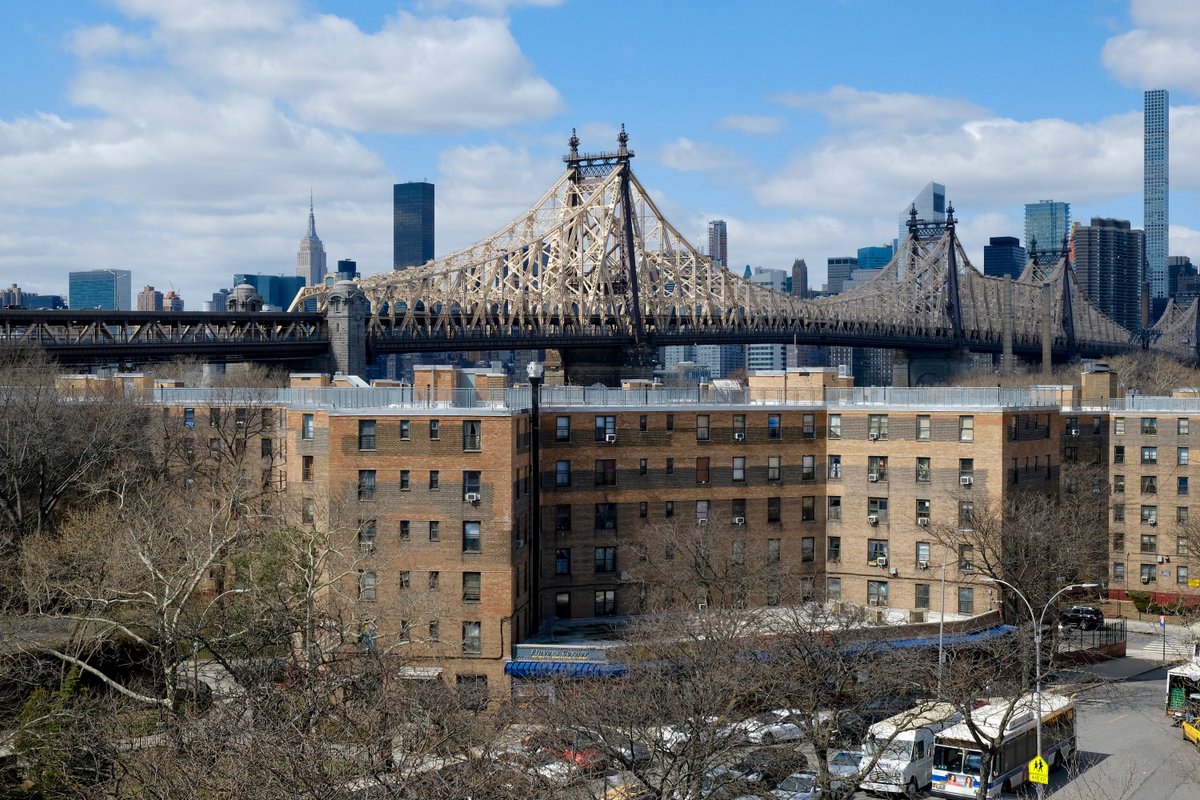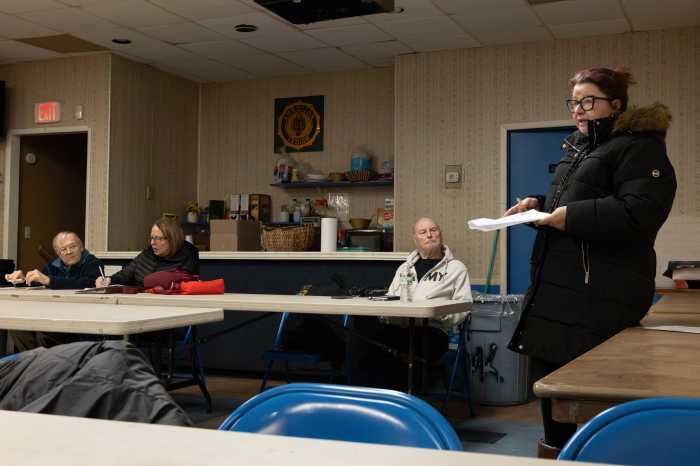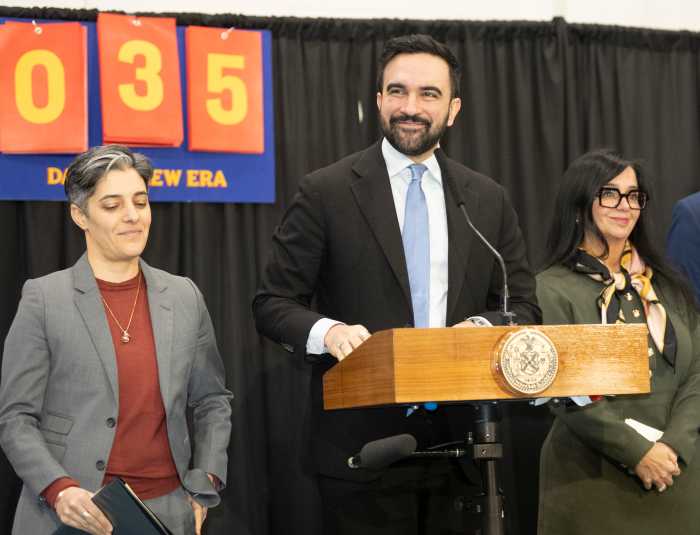Two key figures in the western Queens NYCHA community have joined a coalition of leading business organizations and consumer product safety advocates who are warning that a proposed ban on flame retardants in New York state could increase fire-induced deaths, injury and property damage and further ravage an already struggling economy.
The ban would prohibit the sale of a broad range of products for use in residential settings that contain some of the most commonly used fire retardants, products that provide an important layer of protection by helping to stop or delay the onset and spread of fires, providing additional life-saving time to escape a fire, according to the American Chemistry Council.
“The threat of fires is something we live with every day as public housing residents,” Astoria Houses Tenant Association President Claudia Coger said. “It is deeply troubling that lawmakers would consider taking action that could make it easier for fires to spread and even more difficult for residents to escape in a life-or-death situation.”
If enacted, the ban would impact a broad range of fire retardant substances found in everyday household items — including computers, televisions, mobile phones, video game consoles, children’s toys, electronics used for infants, exercise equipment such as stationary bikes and treadmills, couches and mattresses — which would become fuel for fires across the five boroughs. Research has demonstrated that fire death rates are higher in states with larger percentages of people who are African-American, lower-income and smokers, and have less formal education.
Fire safety is also a critical issue for senior citizens. Older adults continue to experience a disproportionate share of fire deaths. Although adults aged 65 and over are only 16 percent of the U.S. population, National Fire Protection Association (NFPA) data shows that individuals 65 and over make up 33 percent of fire deaths. According to U.S. Census Bureau projections, by 2060, the number of individuals ages 65 or older is expected to be 95 million — nearly double the amount in 2017. Of the 114 civilian home fire fatalities in New York in 2020, 43 were older adults.
The opposition leveled against the legislation from NYCHA tenants comes just weeks after a coalition of consumer product safety and business advocates warned of the dangers associated with the legislation.
“A ban on life-saving flame retardants would demonstrate utter disregard for the safety of our seniors and lower-income neighbors who are most vulnerable to the tragic and all-too-common consequences of fire,” Urban Upbound Co-Founder and CEO Bishop Mitchell Taylor said. “We cannot allow fellow New Yorkers to be put in harm’s way simply because they lack the political clout and social media presence other interest groups have at their disposal.”
In the letter to legislators, the coalition warned that the bill proposes removing flame retardants from commonly used items at a time when more people are spending more time at home.
“Without the use of flame retardants, the danger of fire spreading quickly in densely populated housing communities would increase,” they wrote. “Lawmakers must consider how banning flame retardants, a proven, effective set of fire safety tools, could potentially expose consumers to greater probabilities of fire injuries and deaths.”


































